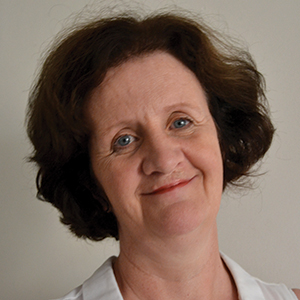The wealth of resources available in Palestine is remarkable; and after reading this issue you will be knowledgeable about them and about the potential they hold for a future economically independent Palestine. A number of the articles call on the international community to acknowledge their role in allowing the status quo. Contributions to the editorial section come from institutions that include Aid Watch Palestine, the International Labor Organization, the Palestine Investment Fund, the Applied Research Institute-Jerusalem (ARIJ), Paltrade, Sunergy for renewable energies, Al-Haq, Dalia Association, and from private authors.
Two articles are especially close to my heart and they both deal with our most precious human resource. In Our Youth, Our Gold, Riyam Kafri AbuLaban calls on us to carefully consider our strategies for the future as we should admit that we failed our youth in achieving a solution for Palestine; she stresses the crucial importance of taking youth seriously, to consider them advocates for their own destiny and partners in our decision-making about the future of our country by listening to their opinions and concerns. In Youth in the Occupied Palestinian Territory: Almost thirty percent of Palestinian human capital is at risk!, Mounir Kleibo reveals the findings of recent research, undertaken in cooperation between the International Labor Organization and the Palestinian Central Bureau of Statistics: our youth seems to be far less educated than we commonly assume. This contradicts all I ever knew about Palestinians and education; after all, the common stereotype is that Palestinians are most educated in the Arab world. The findings are refuted by some, but they should ring alarm bells – also because the reasons seem to lie in consequences of the past Intifada(s). In the wake of the conflict, many youth dropped out of school and never returned. Lack of education harms Palestine and serves the occupation. As we seem to be entering a new wave of popular resistance, we should remember that a good education can be (among a number of things) a form of resistance.


